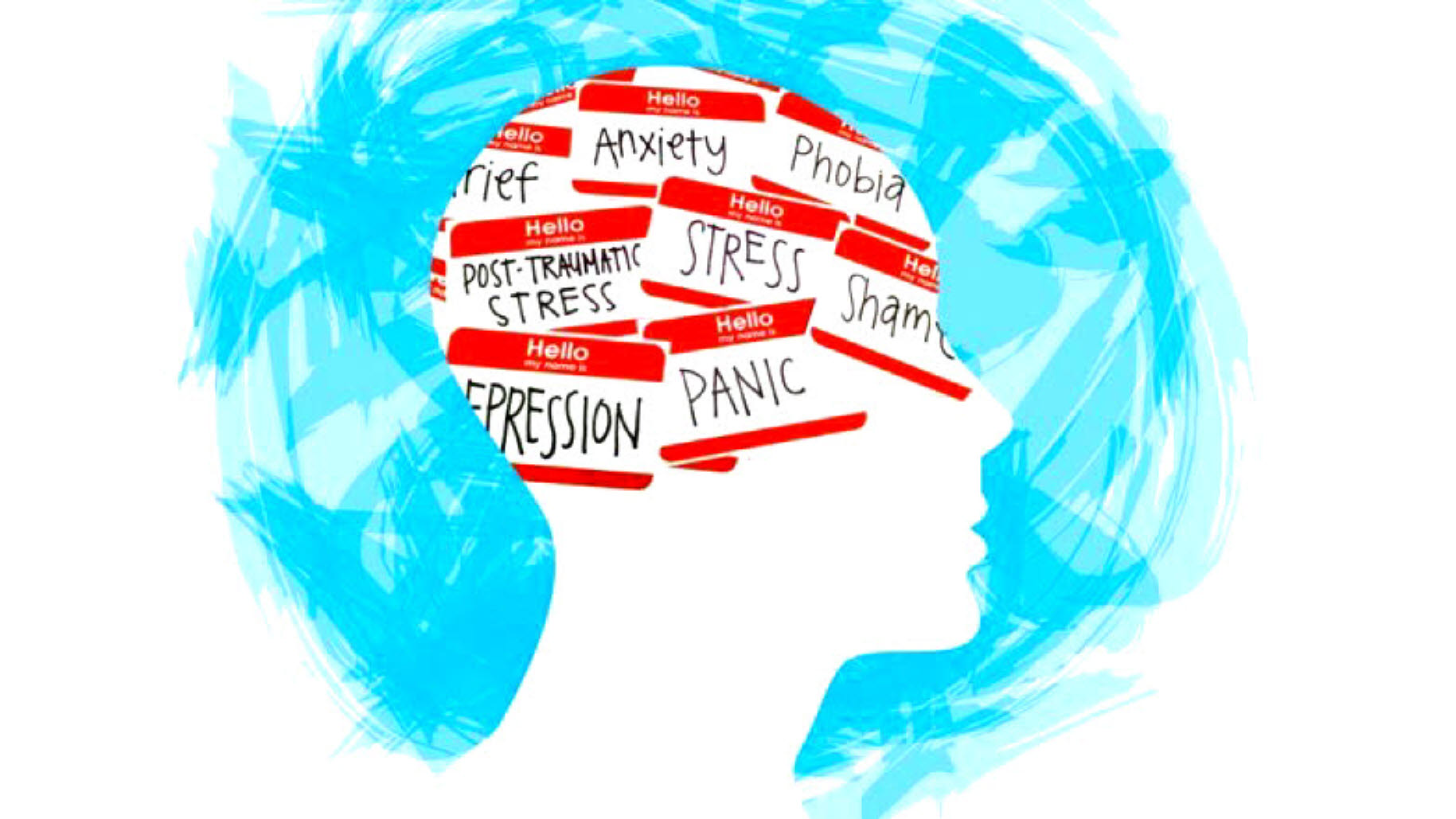
What is #MentalHealth?
Body
#Mentalhealth includes our emotional, psychological, and social well-being. It affects how we think, feel, and act, and helps determine how we handle #stress, relate to others, and make choices.
#Mentalhealth is important at every stage of life, from #childhood and #adolescence through #adulthood. Over the course of your life, if you experience #mentalhealthproblems, your thinking, mood, and #behavior could be affected.
#MentalHealthConditions
#Mentalillnesses are disorders, ranging from mild to severe, that affect a person’s thinking, mood, and/or #behavior. According to the #NationalInstituteofMentalHealth, nearly one-in-five adults live with a #mentalillness.
Many factors contribute to #mentalhealthconditions, including:
- Biological factors, such as genes or brain chemistry
- Life experiences, such as #trauma or abuse
- Family history of #mentalhealthproblems
Some #mentalhealth topics include:
- #Antisocialpersonalitydisorder
- #Anxietydisorders (including generalized #anxiety, #panicdisorders, #obsessivecompulsivedisorder (#OCD), #phobias, and #socialanxiety)
- #Attentiondeficithyperactivitydisorder (#ADHD)
- #Bipolardisorder
- #BorderlinePersonalityDisorder (#BPD)
- #Depression
- #Eatingdisorders (including #AnorexiaNervosa, binge eating Disorder, and #BulimiaNervosa)
- #PosttraumaticStressDisorder (#PTSD)
- #Schizophrenia
- #Seasonalaffectivedisorder (#SAD)
- #Self-harm
- #Suicide and #suicidalbehavior
A Serious #MentalIllness (SMI) is a #mentalillness that interferes with a person’s life and ability to function. Despite common misperceptions, having an SMI is not a choice, a weakness, or a character flaw. It is not something that just “passes” or can be “snapped out of” with willpower.
Early Warning Signs & Symptoms
Not sure if you or someone you know is living with #mentalhealthproblems? Experiencing one or more of the following feelings or #behaviors can be an early warning sign of a problem:
- Eating or sleeping too much or too little
- Pulling away from people and usual activities
- Having low or no energy
- Feeling numb or like nothing matters
- Having unexplained aches and pains
- Feeling helpless or hopeless
- Smoking, drinking, or using drugs more than usual
- Feeling unusually confused, forgetful, on edge, angry, upset, worried, or scared
- Yelling or fighting with family and friends
- Experiencing severe mood swings that cause problems in relationships
- Having persistent thoughts and memories you can't get out of your head
- Hearing voices or believing things that are not true
- Thinking of harming yourself or others
- Inability to perform daily tasks like taking care of your #kids or getting to work or #school
Do you think someone you know may have a #mentalhealthproblem? Talking about #mentalhealth can be difficult. Learn about common #mentalhealth myths and facts and read about ways to help you get the conversation started.
#James Donaldson notes:Welcome to the “next chapter” of my life… being a voice and an advocate for #mentalhealthawarenessandsuicideprevention, especially pertaining to our younger generation of students and student-athletes.Getting men to speak up and reach out for help and assistance is one of my passions. Us men need to not suffer in silence or drown our sorrows in alcohol, hang out at bars and strip joints, or get involved with drug use.Having gone through a recent bout of #depression and #suicidalthoughts myself, I realize now, that I can make a huge difference in the lives of so many by sharing my story, and by sharing various resources I come across as I work in this space. #http://bit.ly/JamesMentalHealthArticleFind out more about the work I do on my 501c3 non-profit foundationwebsite www.yourgiftoflife.org Order your copy of James Donaldson's latest book,#CelebratingYourGiftofLife:From The Verge of Suicide to a Life of Purpose and Joy
www.celebratingyourgiftoflife.com
Tips for Living Well with a #MentalHealthCondition
Having a #mentalhealthcondition can make it a struggle to work, keep up with #school, stick to a regular schedule, have healthy relationships, socialize, maintain hygiene, and more.
However, with early and consistent treatment—often a combination of medication and psychotherapy—it is possible to manage these conditions, overcome challenges, and lead a meaningful, productive life.
Today, there are new tools, evidence-based treatments, and social support systems that help people feel better and pursue their goals. Some of these tips, tools and strategies include:
- Stick to a treatment plan. Even if you feel better, don’t stop going to therapy or taking medication without a doctor’s guidance. Work with a #doctor to safely adjust doses or medication if needed to continue a treatment plan.
- Keep your primary care #physician updated. Primary care #physicians are an important part of long-term management, even if you also see a #psychiatrist.
- Learn about the condition. Being educated can help you stick to your treatment plan. Education can also help your loved ones be more supportive and compassionate.
- Practice good #self-care. Control #stress with activities such as meditation or tai-chi; eat healthy and exercise; and get enough sleep.
- Reach out to family and friends. Maintaining relationships with others is important. In times of crisis or rough spells, reach out to them for support and help.
- Develop coping skills. Establishing healthy coping skills can help people deal with stress easier.
- Get enough sleep. Good sleep improves your brain performance, mood and overall health. Consistently poor sleep is associated with #anxiety, #depression, and other #mentalhealthconditions.
Need Help?
- If you or someone you know is struggling or in crisis, help is available. Call or text #988 or chat #988lifeline.org.
- To learn how to get support for #mentalhealth, drug, and #alcohol issues, visit FindSupport.gov.
- To locate treatment facilities or providers, visit FindTreatment.gov or call SAMHSA’s National Helpline at 800-662-HELP (4357).
https://standingabovethecrowd.com/?p=11456


No comments:
Post a Comment